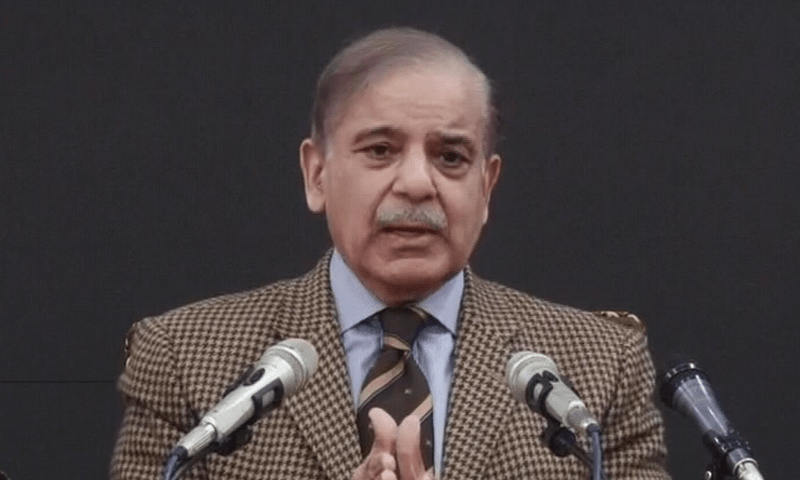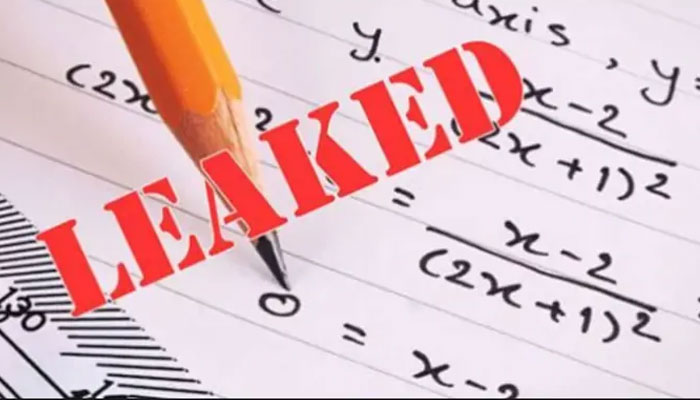- Web Desk
- 34 Minutes ago
PM approves FBR’s automation roadmap, urges swift implementation
-
- Web Desk Shahzad Paracha
- Mar 06, 2024

ISLAMABAD: Prime Minister Shehbaz Sharif has given fundamental approval to the proposed automation of the Federal Board of Revenue (FBR), directing immediate action for its implementation.
Prime Minister Sharif chaired a high-level meeting regarding the restructuring of the Pakistan International Airlines (PIA) and the FBR.
The meeting extensively reviewed the proposals presented for the FBR’s mission, transparency in the system, global standard reforms, tax increments through incentives, eradication of corruption and smuggling, separating Inland Revenue and Customs sectors, and recommendations for reducing tax rates.
Prime Minister Sharif instructed the immediate implementation of the proposed roadmap for the FBR’s automation, ensuring clarity in its timing and swift execution.
“The determination of goals should not only be realistic but also strive for the fastest implementation in terms of action,” said the prime minister. “We have to achieve this goal with continuous hard work, 24 hours a day. We have no more time to waste. It is a question of Pakistan’s bright future and economic prosperity.”
The prime minister directed the Ministry of Law to present immediate recommendations for expediting legal proceedings and resolving disputes related to tax collections and revenue in courts, paving the way for channeling Rs1.7 trillion to the national treasury.
The prime minister instructed the Ministry of Law to propose recommendations for the establishment of the legal department in the FBR, drafting according to the law, and availing legal services, regarding the establishment of the legal department in the FBR, drafting according to the law, and availing legal services.
He said that the result of implementing reforms could increase the national growth rate by 6 to 7 per cent.
Prime Minister Sharif said that “we have to invest in modernizing our revenue and tax system. We want to introduce a tax system based on incentives. We have a complete desire to reduce the burden of taxes, but it will also be necessary to help the business community play its role in the progress of society and the welfare of the people.”
The prime minister said that “we have to ensure an effective system of third-party audit, which has so far been unsuccessful. We can do better by adopting the currency systems in the world.”
Former caretaker finance minister Dr Shamshad Akhtar gave a comprehensive briefing to the meeting on various aspects of the restructuring, automation, and future agenda of revenue collection during the meeting.
Dr Akhtar informed the meeting that the tax to GDP ratio in Pakistan is just 9.5 per cent, which needs to be increased to catch up with the competition worldwide. Around 55.6 per cent pay no tax, while only 3.3 percent pay taxes. Around 0.2 million people pay 90 per cent of the tax, she said.
She said that Pakistan’s Rs1.7 trillion is stuck due to legal wrangling. She also shed light on the establishment of the Federal Policy Board, the formation of a new Customs department based on the model of other countries, and reforms in the legal and regulatory framework. The proposed Federal Policy Board will formulate a long-term tax policy to maintain continuity of policy.
The meeting began with the Prime Minister thanking Dr Shamshad Akhtar. Prime Minister Shehbaz Sharif said that “today I express personal gratitude for your efforts. It is a fact that Senator Ishaq Dar laid a solid foundation with the IMF, which later made progress possible in this matter.”
It should be noted that the cabinet sub-committee had already approved the roadmap for FBR’s automation and reforms and the approval to separate the Inland Revenue and Customs sectors, but the income tax officers obtained a stay order from the court, and the hearing of the case will be held on Thursday.




